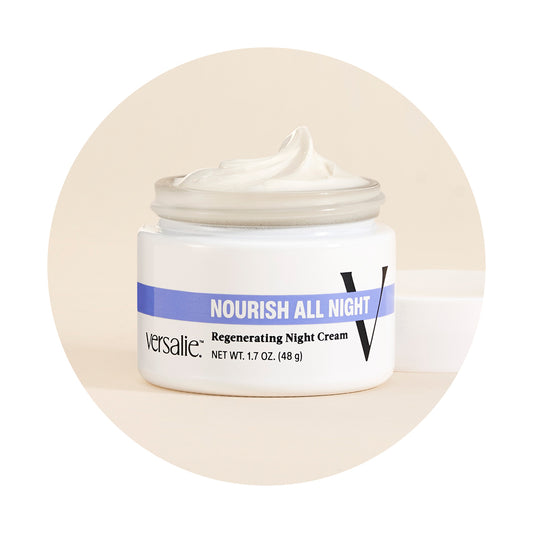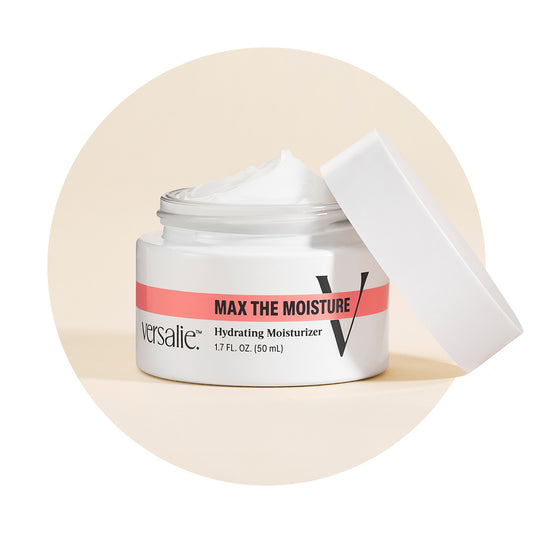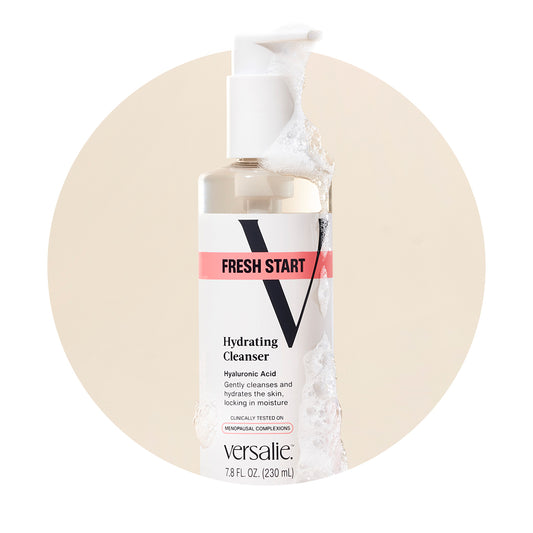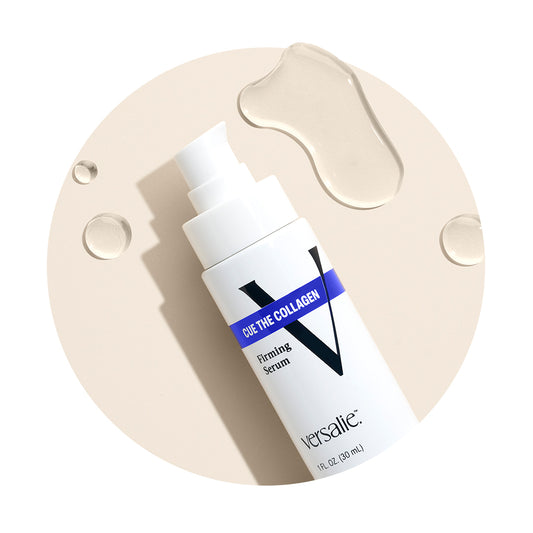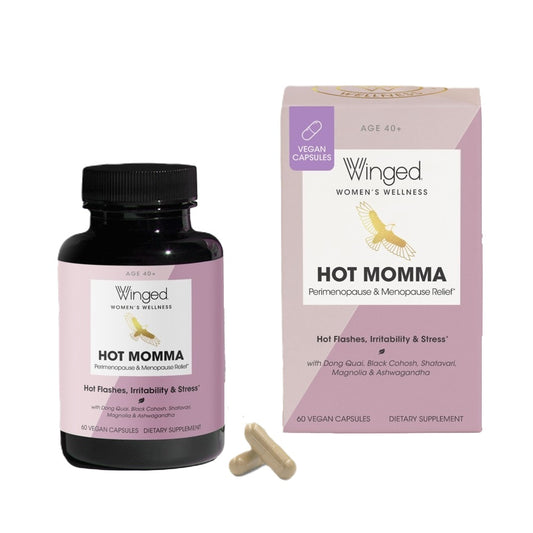Between vaginal discomfort and just not feeling like your old self, it’s easy to understand why some single people may choose to hold off on dating until menopause passes. But 7 to 14 years is a lot of time to miss out on what could be an amazing time in your love life. Luckily, we’ve got more than a few helpful tips that can help you embrace romantic possibilities.
Picture this. You’ve just entered your second year of perimenopause (and third year of singledom) when suddenly a friend wants to set you up with someone who’s “perfect for you”. It doesn’t take long before butterflies set in — but for all the wrong reasons. What is often a moment of excitement about the amazing possibilities becomes a moment of dread — about the embarrassing possibilities.
Instead of thinking about what could be, you start thinking about what if. What if I lose my thoughts mid-conversation? What if I come off moody and irritable? What if things naturally progress…to sex that ends up being painful?
While these are valid worries, not one of them is a good excuse to avoid getting out there and finding out for yourself if this could be a relationship that’s meant to be. Of course, that doesn’t mean just ignoring the symptoms and the realities of menopause. But it does mean taking control of them so you can keep menopause from becoming a third wheel.
How can I prepare myself for dating in menopause?
Midlife dating can be tough — with or without your menopause symptoms in tow. Whether you’ve been back in the dating game for a while or are just getting back into it, we’ve got some tips that may help prepare you.

Let’s get physical
Menopause can bring lots of physical changes, most of which could be visible to your potential dates at some point. Consider the following ways to manage and embrace those changes during dating:
Choose your outfit wisely
That means not just slipping into something that looks good — but that will also stay looking good and feeling comfortable when a hot flash hits. For this reason, opt for non-clingy clothing made from breathable fabrics. Then toss on (or carry) a light layer or two, like a cotton button down or a silk scarf that you can pull on or off as your body temperature changes.
Cut back on the cocktails
Truthfully, this is a good rule for anyone getting to know someone new. But when you’re going through menopause, there’s even more reason to pay attention to this. Not only will you be a lot less likely to say, or even worse, do anything you might regret, you’ll also be a lot less likely to aggravate symptoms. In fact, some people find that drinking alcohol can trigger hot flashes. Alcohol has also been proven to disrupt sleep, especially when consumed right before bed, which can contribute to brain fog later (like, on your next date).
Focus on the basics
This is likely not the first time you’ve heard this, but focusing on the basics of moving your body, taking a healthy balanced approach to eating, and working to get more and better sleep are foundational to not only your physical health, but also your mental health. When your body physically feels better, you often feel better mentally and emotionally. And this often leads to you just feeling better in your own body (despite all the changes it might be going through).
If you’re having menopause symptoms or other health issues that are getting in the way of feeling best, talk to a doctor about the possible options for you.

Let’s talk about sex
As your potential sexual relationship progresses while your estrogen levels are changing, you may understandably feel uneasy about the realities of your sex life during menopause. The thing is sex in later life can, and should, be pleasurable. Here, too, communication is key. Your body is experiencing some not-so-comfortable changes like vaginal dryness, which can make having sex more painful, and a decreased sex drive, which can affect your interest in sex. So, it’s important to let your partner know what you’re going through — and what they may do to help, like:
- Paying attention to other types of intimate touch that feel good and can help you better connect with them.
- Use lubrication, an essential tool when it comes to sex during menopause, as it can help reduce friction — and accompanying pain.
- Consider using a vaginal moisturizer to help fight dryness and to help alleviate vaginal dryness and irritation.
- Talk to your doctor about menopause hormone therapy (MHT) options and whether they may be right for you as you navigate your sex life.
Manage emotions during dating
Hopefully you get those warm, fuzzy feelings that come with meeting someone special, but we also know that dating can be filled with regret, disappointment, and frustration. Here are a few tools you can use to help you feel your best, no matter what happens.
De-jitter
Menopause already comes with its share of stress without adding a first date to the mix. So, what can you do to make sure your first impression is a good one? It’s all about feeling comfortable and at ease. While you might be thinking, “easier said than done”, this doesn’t have to be the case.
Do a few activities that bring you calm — get a massage, take a warm bath with relaxing lavender salts, do yoga, meditate, or just zone out with a favorite movie or book. A little self-care now can go a long way in helping you show up as your best self.

Whether it’s a close friend, family member, or mental health professional, it’s a good idea to process your experiences with someone else. Someone who knows you well can help you through the ups and downs of dating. If you’re not comfortable with yourself in this stage of life, talking to others going through it can help normalize the changes you’re going through and help you show up more confidently.
Remember, communication is key
While menopause isn’t exactly a topic people want to tackle at the beginning of a relationship, it’s important to be honest when you’re struggling with symptoms. Honestly, there are a lot of times you may not feel like yourself. Moodiness can set in that a potential partner may take personally. Better to enlighten them about what you’re going through so they can be a source of support rather than stress. And if they end up not being a supportive partner, it’s better to find out sooner than later so you can move on to someone more worthy.
We all deserve to love and be loved. And dating can be a fun part of the process (most of the time). So, the next time someone catches your eye across a crowded room, make sure menopause doesn’t get in the way of what could be the start of something wonderful.


